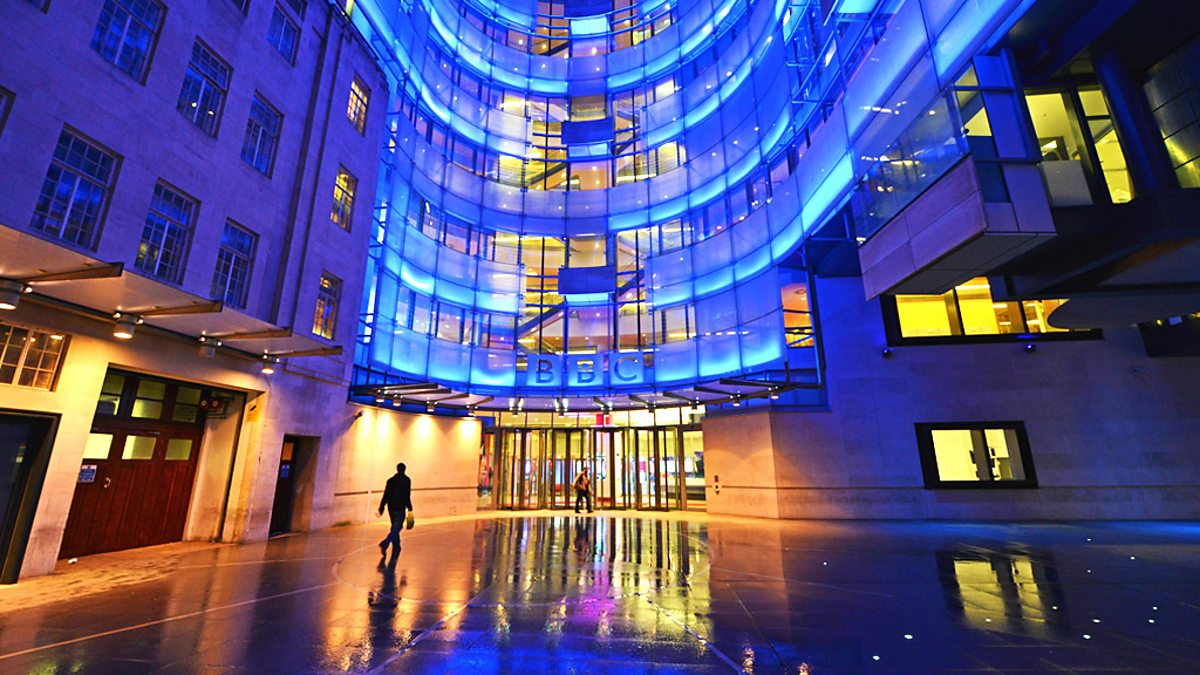
After more than 40 years of operation, DTVE is closing its doors and our website will no longer be updated daily. Thank you for all of your support.
NAO report shines light on BBC revenue woes

The UK’s National Audit Office (NAO) has warned that the BBC has ‘tough decisions’ to make on spending as Brits move away from the pubcaster.
The office’s annual report revealed that while its TV, radio and online services are used by 90% of the population on a weekly basis, it is losing younger audiences to rivals such as Netflix.
The report also increases the scrutiny being placed on the TV licence as the broadcaster’s primary means of funding. It noted that the BBC received £3.52 billion from the licence fee in 2019/20 – down 8% from 2017/18.
The fee has been a target of the Conservative government, with prime minister Boris Johnson launching a review into decriminalisation of non-payment in the wake of the 2019 general election. The BBC has said that this move would reduce its income by more than £1 billion by 2027.
But while the BBC’s official line is to back the fee, the NAO has highlighted that it is dwindling in effectiveness. The report says that the BBC’s spending has exceeded its income for three of the past five years and that a number of projects had exceeded budgets.
The NAO’s boss Gareth Davies said: “As decisions about the licence fee are made, the BBC needs to develop a clear financial plan for the future setting out where it will invest and how it will continue to make savings. Without such a plan, it will be difficult for the BBC to effectively implement its new strategic priorities.”
The BBC’s royal charter means that the licence fee will be in place until at least 2027, but its funding will remain a hotly debated topic in the coming months and years. Incoming chair Richard Sharp has seemingly thrown his weight behind the licence fee model, describing it as the “least worst way” of funding the pubcaster, while director general Tim Davie had previously ruled out shifting to a Netflix-style subscription model.


